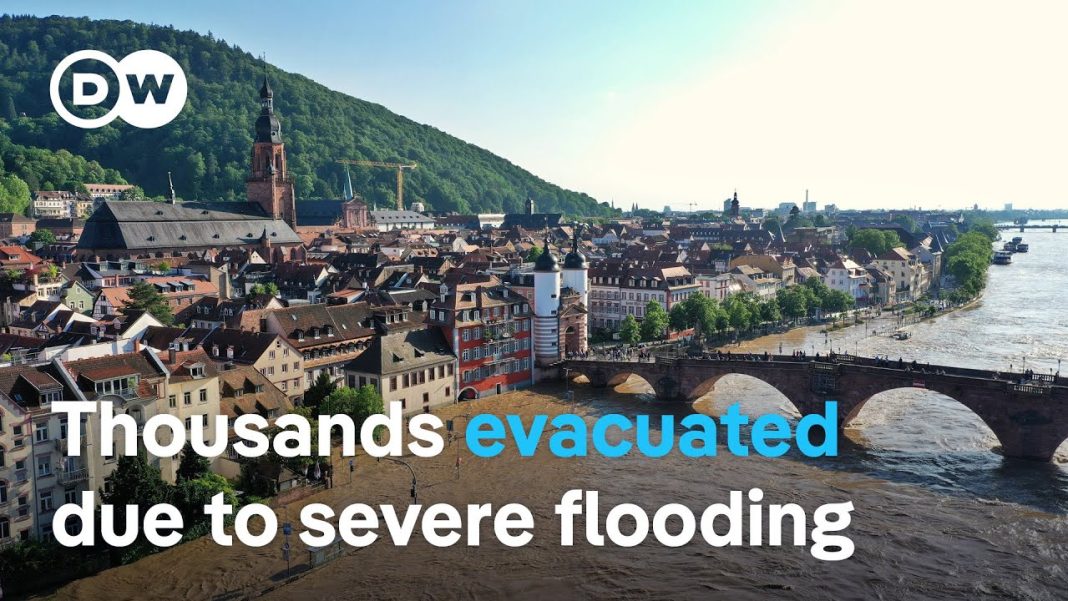
Water Main Break in Dorchester Causes Flooding and Disrupts Transportation
A water main break in Dorchester on Tuesday evening led to significant flooding in the area near the Ashmont MBTA station. The break caused a hole to form in the ground in Peabody Square, resulting in water gushing uphill due to high pressure. As a result, shuttle buses were deployed to replace MBTA service between Ashmont and JFK/UMass.
The flooding had a severe impact on commuters, particularly for individuals like Tricia Johnson, who relied on public transportation. Johnson expressed her frustration, stating, “It’s a real setback because now I’m going to have to call around to get a ride. We live way out in Randolph, Massachusetts, so it’s really difficult for us to commute like that since my car broke down.”
The affected businesses in the area also faced challenges during the incident. With the water main break, they were left without running water, further complicating their operations. Johnson described the situation as “epic” and emphasized the need to prioritize safety, stating, “It’s like it’s everywhere and it’s hazardous, so I mean, we can’t cross, of course, and we’re just trying our best to stay safe.”
The MBTA quickly responded to the water main break and worked to repair the damage. However, as of 10 p.m., shuttle buses were still running along the affected route, indicating that the issue was not immediately resolved.
Water main breaks can have significant consequences, causing disruptions in transportation, damaging infrastructure, and impacting the daily lives of residents and businesses. They are often the result of aging infrastructure and high water pressure, as seen in this case. According to the American Society of Civil Engineers, the United States faces an enormous challenge in maintaining and upgrading its water infrastructure, with many systems reaching the end of their useful life.
To address these issues, there is a growing need for investment in water infrastructure. The American Society of Civil Engineers estimates that the United States will need to invest $1 trillion over the next 25 years to maintain and upgrade its water infrastructure adequately. Neglecting these investments can lead to more frequent water main breaks and other related issues, impacting the daily lives of individuals and businesses alike.
In conclusion, the water main break in Dorchester resulted in flooding, disrupted transportation, and affected local businesses. The incident highlights the challenges posed by aging water infrastructure and the need for investment to ensure the reliability and safety of our water systems. Efforts should be made to address these issues proactively to minimize the impact on communities and prevent further disruptions in the future.

